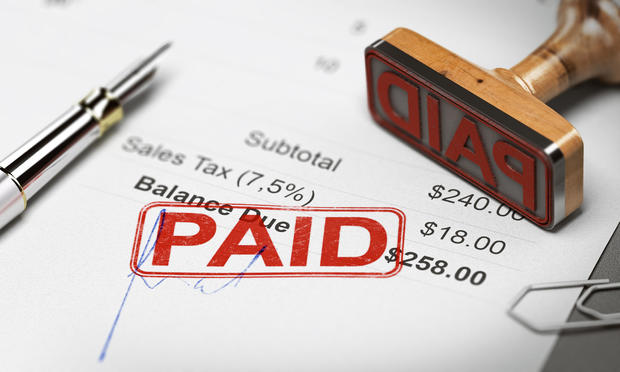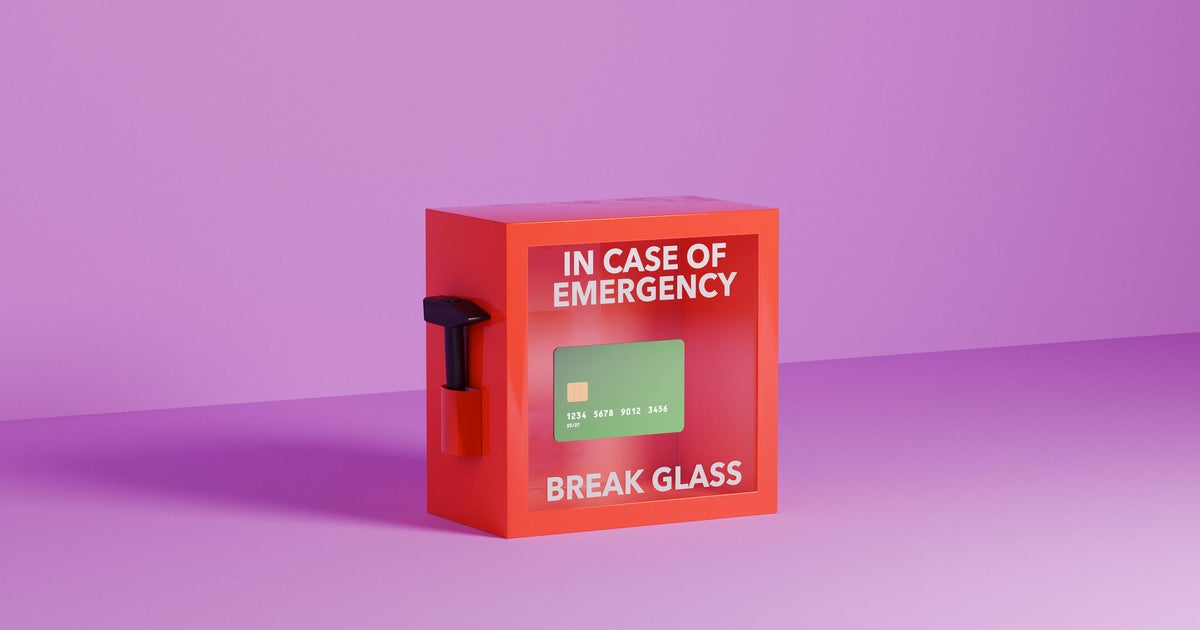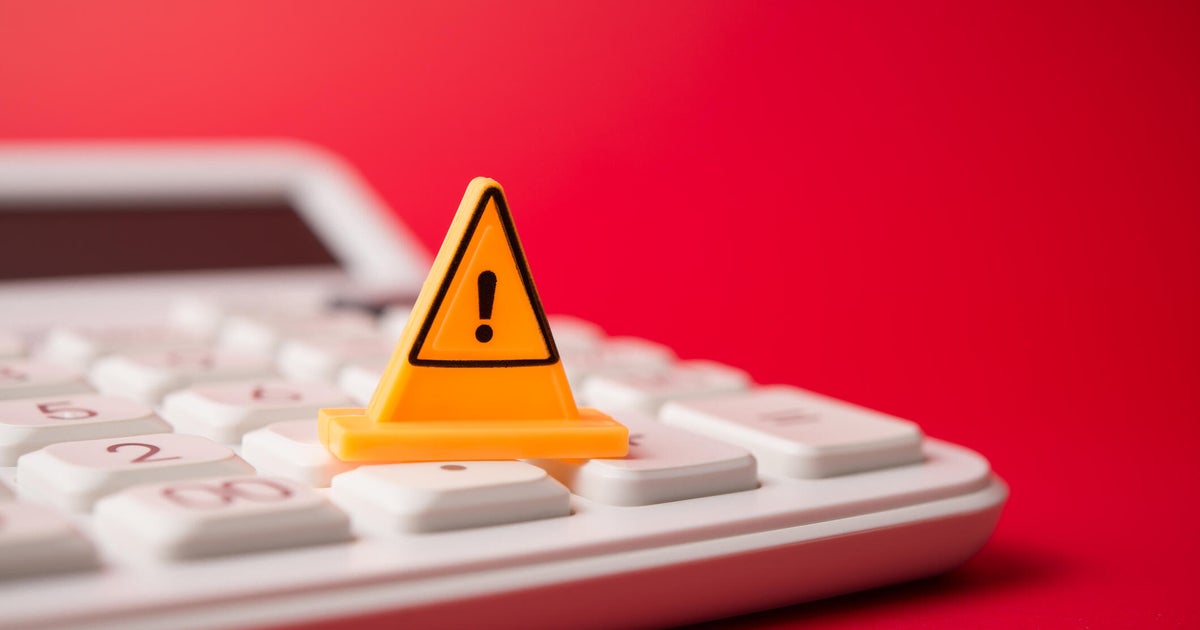5 big signs that it's time to consider debt relief
Managing your finances can be challenging. And at times, you may find yourself trapped in a cycle of debt that seems insurmountable. After all, depending on your overall financial picture, it can only take one bad decision, one major impulse purchase or one unexpected bill to cause issues with your finances.
It's especially easy to face issues with money if you're regularly using credit cards to finance your purchases. Considering that the average interest rate on credit cards currently surpasses 21% — and retail cards can easily have rates close to 30% — the interest charges can add up quickly. That, in turn, can make it tough to pay off what you owe.
If you're struggling to stay afloat amidst mounting bills and have creditors knocking at your door, it might be time to consider debt relief. Recognizing signs that indicate a need for financial intervention is crucial to regaining control of your financial well-being. Here are five signs that suggest you should consider seeking debt relief.
Find out more about your debt relief options here.
5 signs that it's time to consider debt relief
If you're wondering whether it's time to take advantage of what debt relief can offer, these signs are a good indicator that you should:
Your credit card balances are overwhelming
High interest rates on credit cards can make it challenging to make a dent in your principal balance, leading to a perpetual struggle to keep up with payments. One of the most common red flags indicating a need for debt relief is overwhelming balances on your credit cards. If you find that you're consistently making only minimum payments and the balance doesn't seem to decrease significantly, it's a clear sign that you're stuck in a debt cycle.
If you're facing this issue, you may want to consider exploring debt relief options like debt settlement, debt consolidation or negotiation to lower interest rates and create a more manageable repayment plan. This can help you consolidate multiple high-interest debts into a single, more affordable payment, making it easier to tackle your outstanding balances.
Explore your debt relief options online here.
You're getting persistent calls from creditors
If your phone is constantly ringing with calls from creditors or collection agencies, it's a clear indication that your financial situation is in jeopardy. Ignoring these calls won't make the problem disappear; in fact, it may worsen as creditors become more aggressive in their collection efforts. That type of constant harassment from creditors can lead to added stress and anxiety, making it essential to address the root of the problem.
Seeking professional debt relief assistance can help alleviate the pressure from creditors. Debt management plans or debt settlement programs can provide a structured approach to resolving outstanding balances, reducing the likelihood of continued harassment.
You're struggling to make minimum payments
If you find yourself juggling bills each month and are barely able to make minimum payments on your debts, it's a sign that your financial situation needs attention. Missing or making late payments can result in additional fees, higher interest rates and a negative impact on your credit score. And, those types of continuous struggles to meet minimum payments could also lead to a downward spiral of debt that becomes increasingly difficult to escape.
Debt relief solutions, such as debt settlement or negotiation with creditors, may be viable options. These approaches involve working with creditors to reduce the overall amount owed, making it more feasible to pay off your debts and regain financial stability.
You're regularly dipping into your savings to pay bills
Using your savings to cover everyday expenses or pay off debts is a warning sign that your financial situation is unsustainable. While dipping into savings occasionally may be necessary, consistently relying on this method indicates a deeper issue that needs attention. Exhausting your emergency fund to stay afloat can leave you vulnerable to unexpected expenses, putting you at greater risk of falling further into debt.
Considering debt relief options, such as debt counseling or consolidation, can help you create a realistic budget and repayment plan. These strategies aim to provide a sustainable path toward financial recovery, allowing you to rebuild your savings and regain control over your financial future.
You're feeling overwhelmed or stressed
The emotional toll of financial distress should not be underestimated. If you find yourself constantly stressed, anxious or overwhelmed by your financial situation, it's likely time to seek help. After all, persistent financial stress can impact your overall well-being, relationships and even your job performance.
Debt relief options often include financial counseling, which can provide guidance on budgeting, managing debt and establishing healthy financial habits. Addressing the emotional aspects of debt and developing a plan for the future can contribute significantly to your overall peace of mind.
The bottom line
Recognizing the signs that indicate a need for debt relief is the first step toward regaining control of your financial situation. Whether it's overwhelming credit card balances, struggling to make minimum payments, persistent calls from creditors, dipping into savings or feeling overwhelmed and stressed, seeking professional assistance can make a significant difference. Remember, there's no shame in seeking help. Taking proactive steps toward debt relief can pave the way for a brighter financial future.




